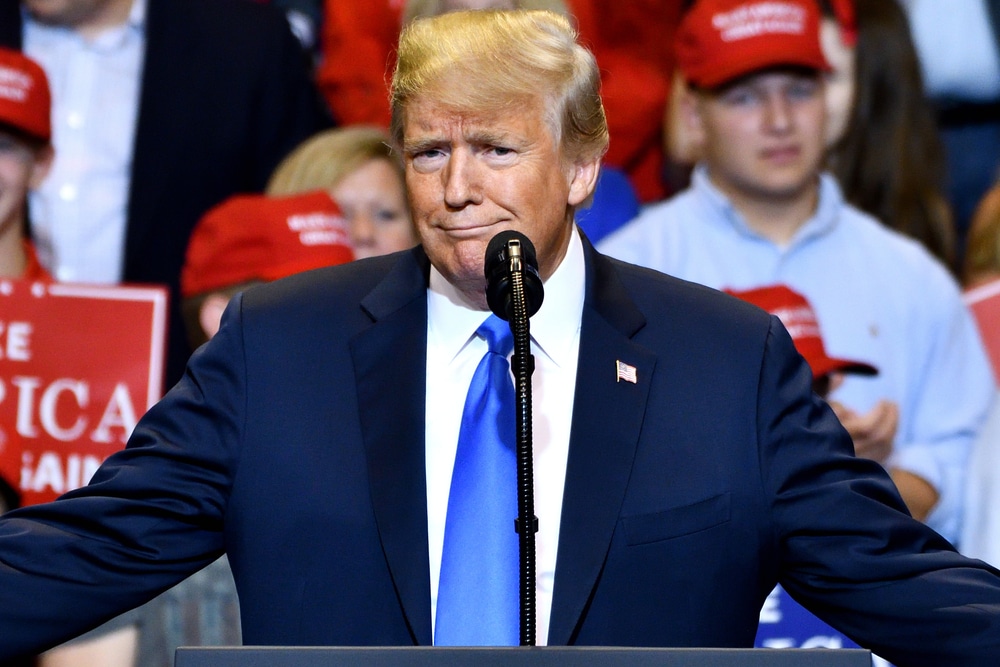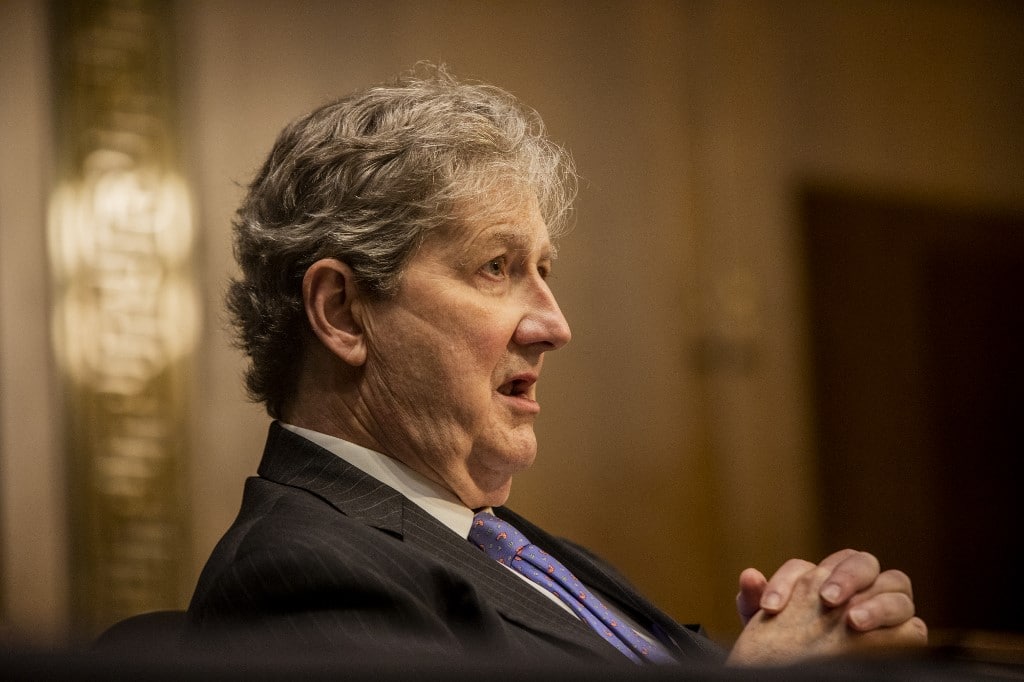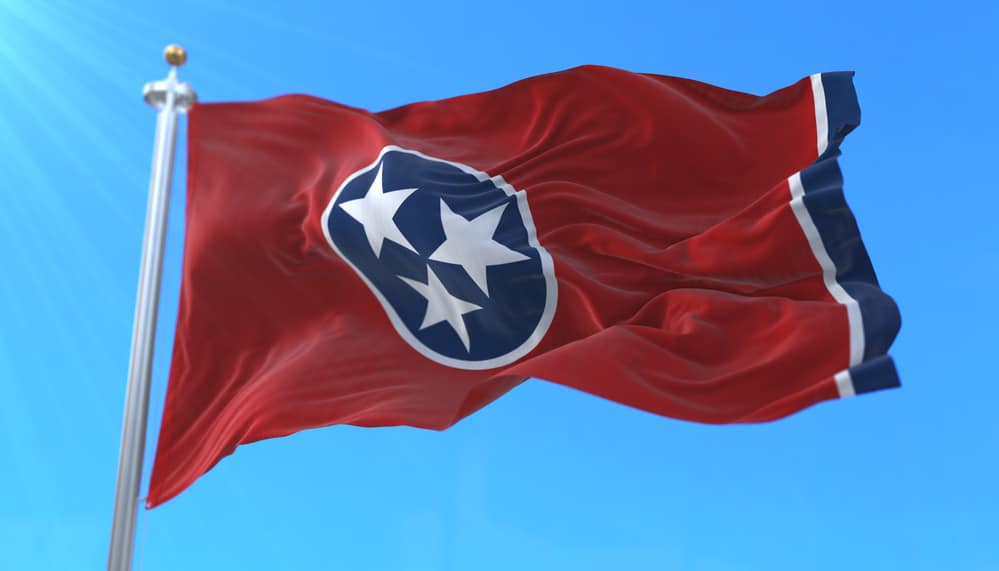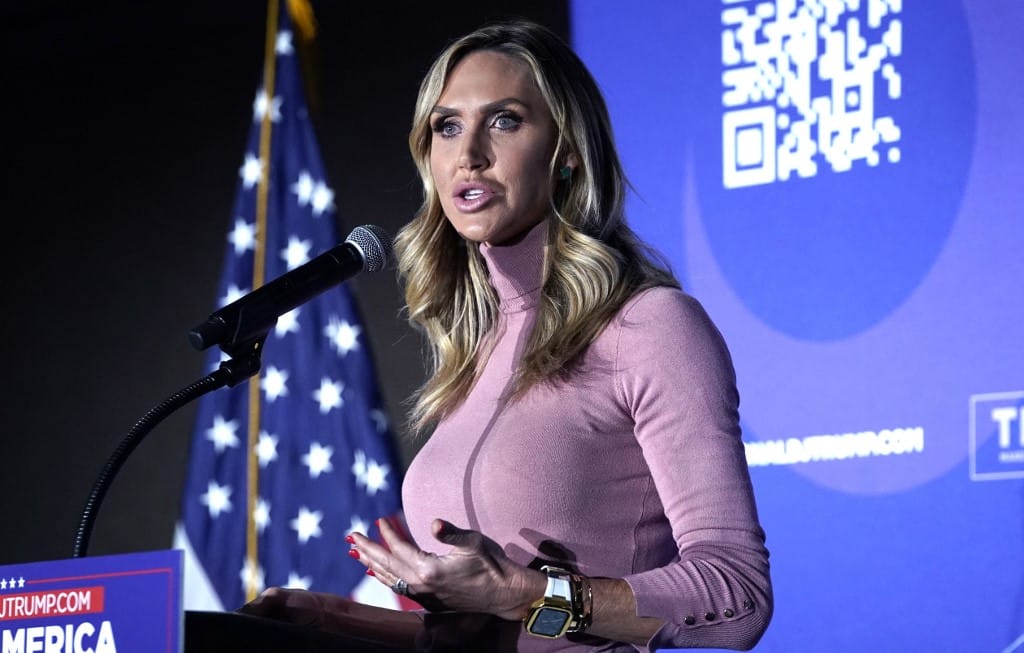On Tuesday, Supreme Court Justice Samuel Alito delivered an “I told you so” moment, critiquing a judge’s decision to dismiss jurors in a workplace discrimination case who view homosexuality as sinful.
2015 Decision
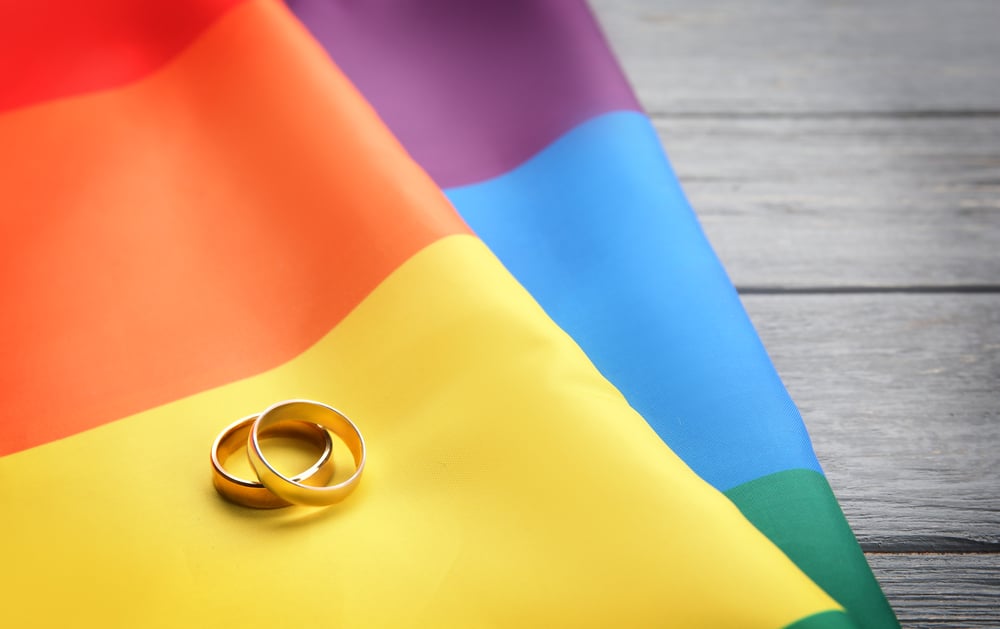
Alito highlighted this as the very scenario he had cautioned against when, in opposition to his stance, the Supreme Court affirmed in 2015 that same-sex marriage is a constitutional right.
Religious Views and Societal Bias

He expressed concern that Americans might be branded bigots if they don’t conceal their conventional religious views on “homosexual conduct.”
Misapplication of Gay Marriage Ruling?
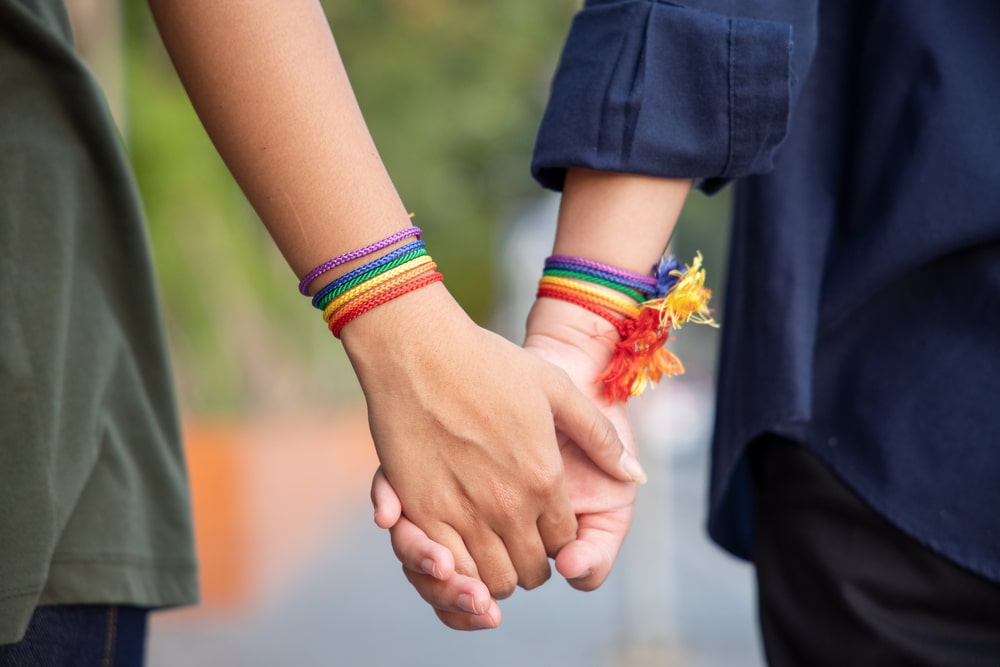
Alito emphasized that the Supreme Court had explicitly stated that the gay marriage ruling should not be misapplied, noting, “But I am afraid this admonition is not being heeded by our society.”
Lesbian Employee’s Case

He was reflecting on the Supreme Court’s decision to not hear an appeal in a workplace discrimination case against the Missouri Department of Corrections, filed by a lesbian employee, Jean Finney.
A Question of Faith?
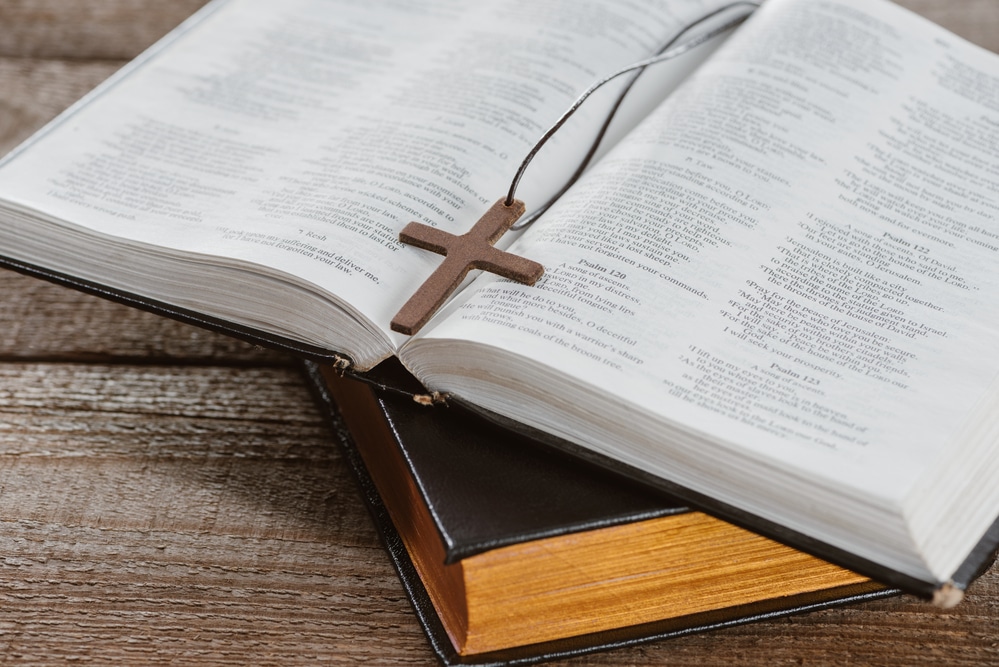
While concurring with the rejection of the appeal for different reasons, Alito critiqued the trial judge for dismissing jurors based on their religious beliefs.
Religious Beliefs in Jury Selection

He stressed that excluding individuals from jury duty due to their faith touches on core rights, stating, “When a court, a quintessential state actor, finds that a person is ineligible to serve on a jury because of his or her religious beliefs, that decision implicates fundamental rights.”
Homosexuality Attitudes
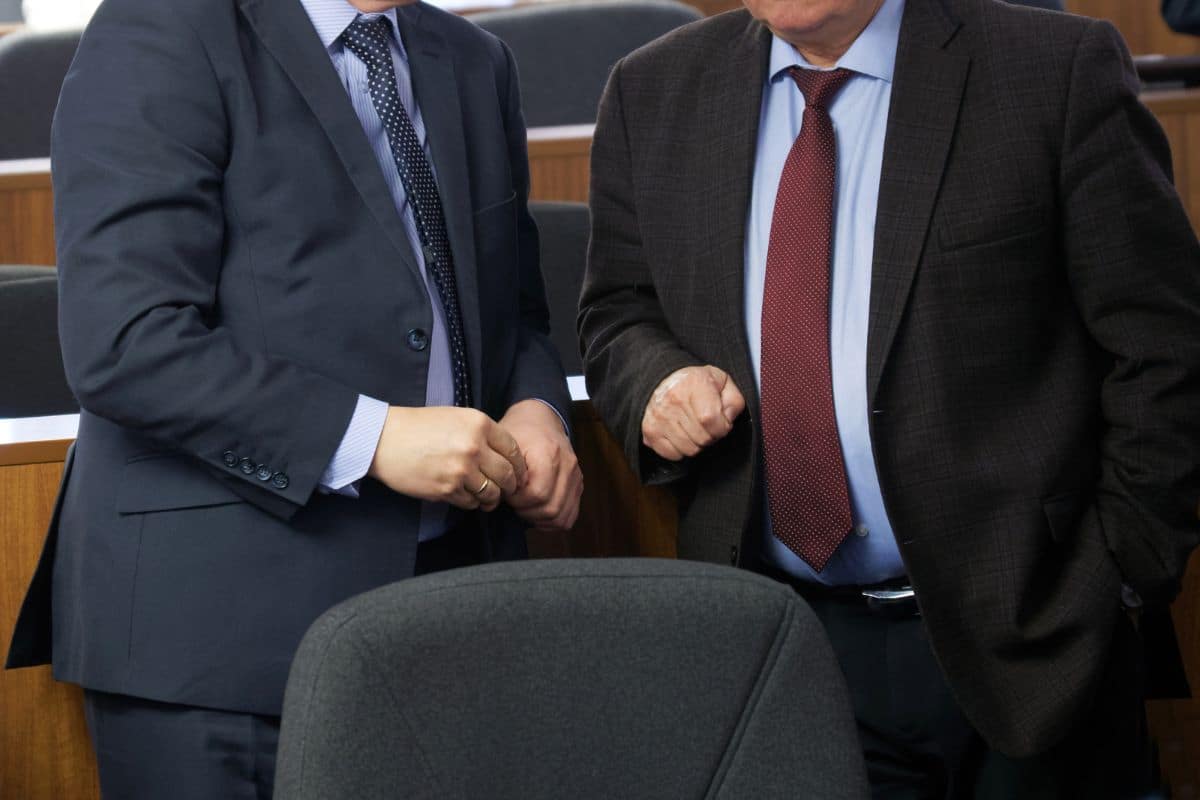
The Missouri Court of Appeals defended its juror questioning approach, focusing on attitudes towards homosexuality, crucial in Jean Finney’s claim of harassment and mistreatment due to her sexual orientation.
Jurors identifying as religious or Christian, without strong opinions on homosexuality, were not dismissed.
A Missed Objection
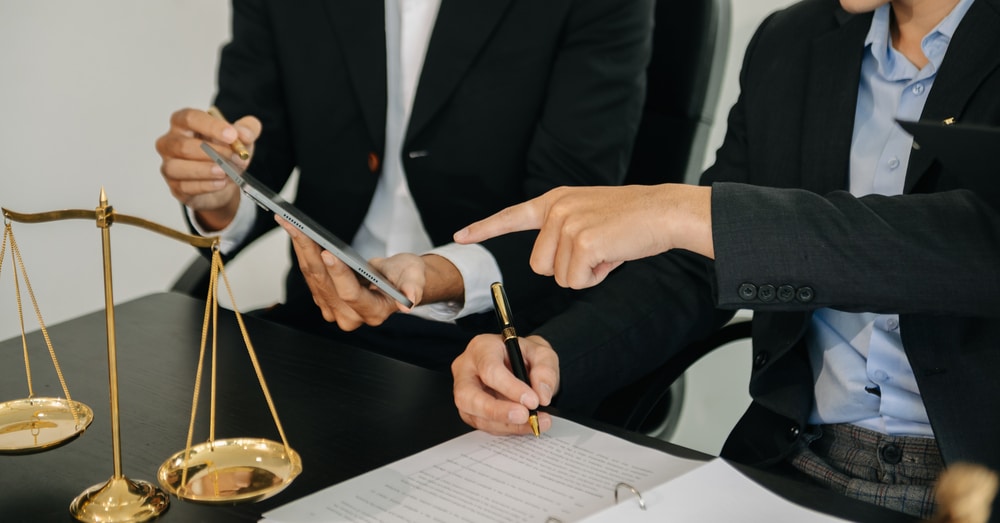
The Missouri Department of Corrections’ failure to object to this juror selection during the trial meant they couldn’t raise the issue later, according to the appeals court. This was also why Alito stated he “reluctantly” agreed to deny the department’s appeal.
Nationwide Call

Thirteen states had petitioned the Supreme Court to address this case to safeguard against religious discrimination in jury selection.
Seeking Supreme Court Intervention
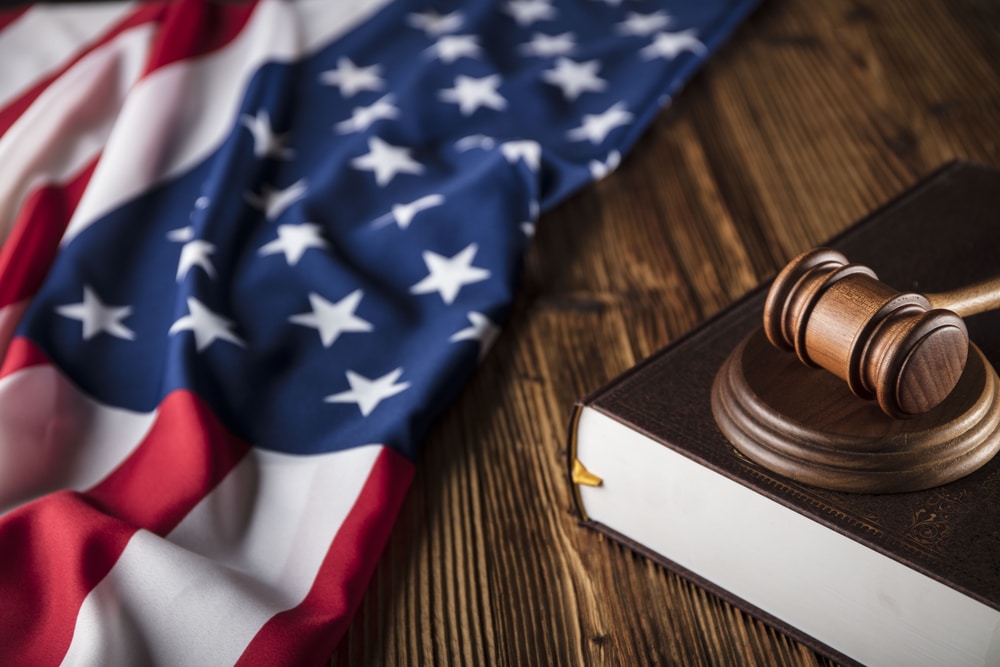
The religious rights group Alliance Defending Freedom, known for its successful appeals at the Supreme Court, had also requested the Court’s involvement.
Landmark Decision
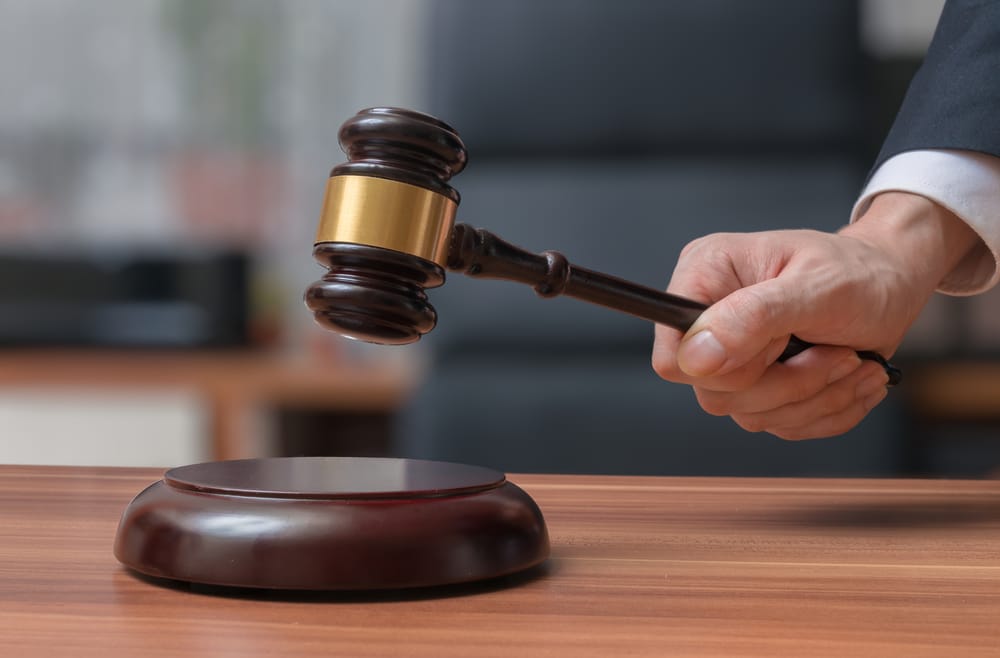
In a landmark decision that marks a turning point in its 226-year history, the Supreme Court in 2015 declared same-sex marriage legal nationwide in a tightly contested 5-4 ruling. This ruling grants gay men and lesbians marriage rights that have been historically exclusive to heterosexual couples for millennia.
Equal Dignity in the Law
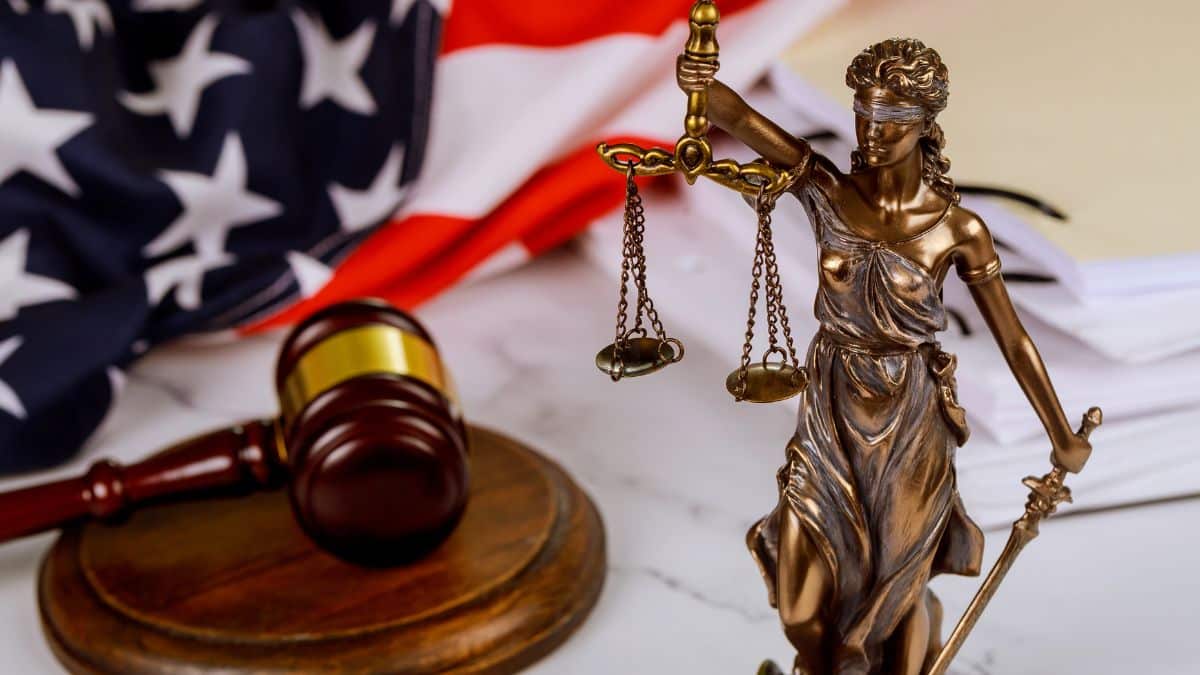
Justice Anthony Kennedy, in his 28-page opinion, affirmed, “They ask for equal dignity in the eyes of the law. The Constitution grants them that right.”
Immediate Impact
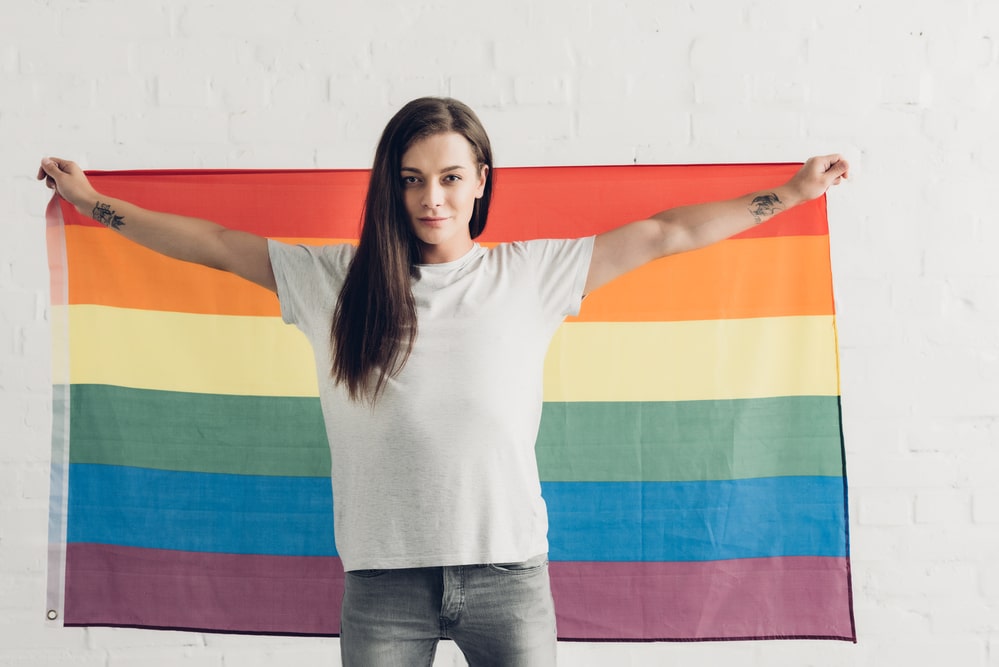
The impact was immediate; Michigan clerks, from a state challenged by same-sex couples, promptly started issuing marriage licenses.
Divine Precepts vs. Legal Rights

In his 2015 majority opinion on same-sex marriage, Justice Anthony Kennedy highlighted that “religions, and those who adhere to religious doctrines, may continue to advocate with utmost, sincere conviction that, by divine precepts, same-sex marriage should not be condoned.”
The First Amendment
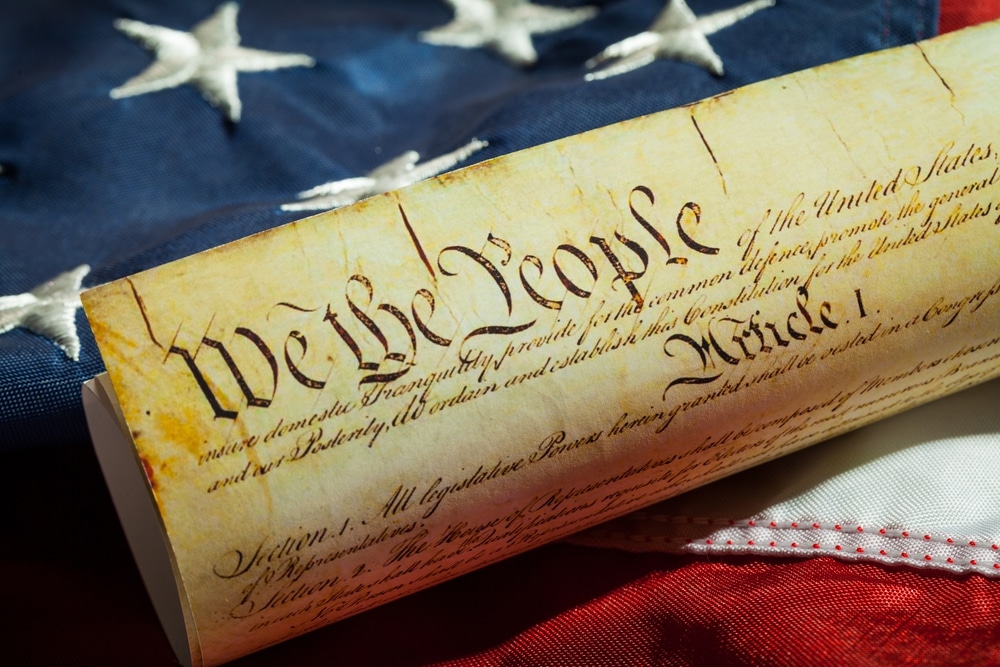
He stressed the First Amendment’s role in ensuring that religious organizations and persons are given proper protection as they seek to teach the principles that are so fulfilling and so central to their lives and faiths, and to their own deep aspirations to continue the family structure they have long revered.”
Skepticism in the Face of Change
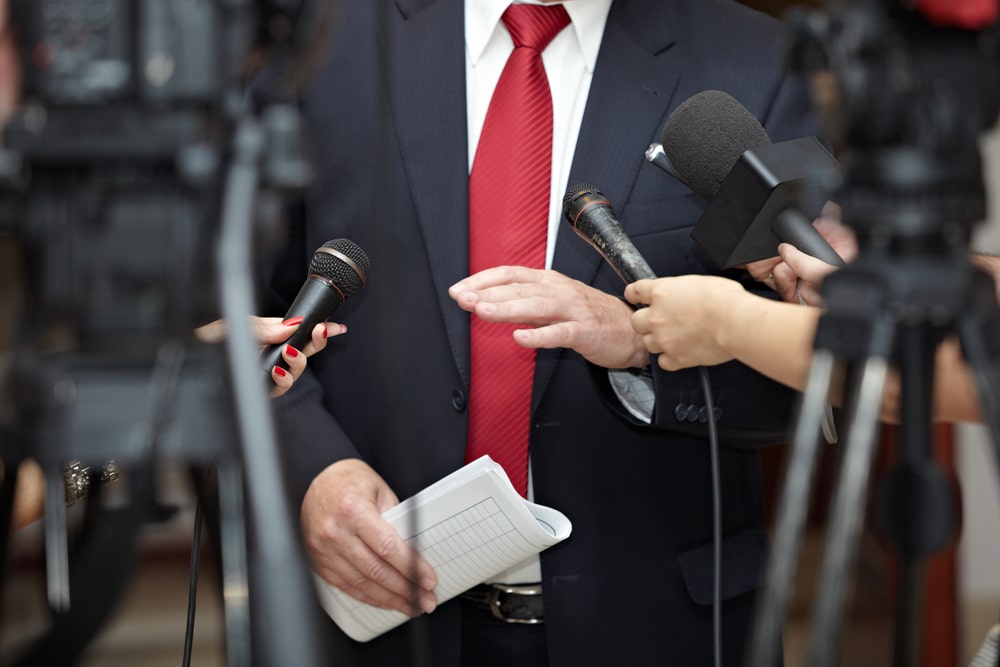
In contrast, Justice Alito, in his dissent – one of four from the justices – voiced skepticism about the feasibility of such protections.
A Stark Warning

He cautioned, “We will soon see whether this proves to be true. I assume that those who cling to old beliefs will be able to whisper their thoughts in the recesses of their homes, but if they repeat those views in public, they will risk being labeled as bigots and treated as such by governments, employers, and schools.”
Read Next: What Really Causes Donald Trump’s Skin to be So Orange
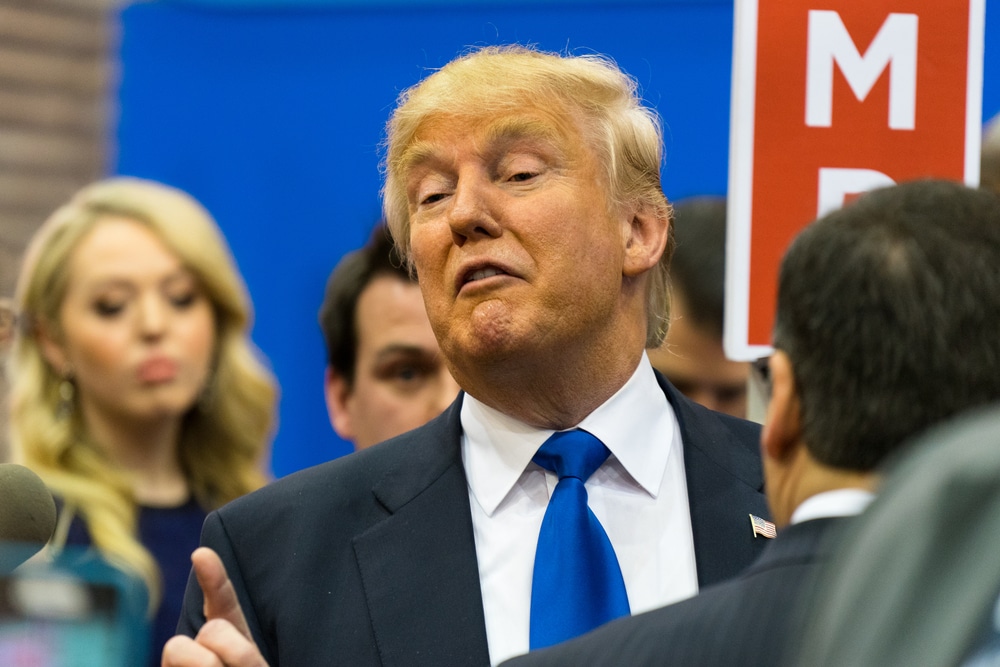
Former President Donald Trump’s distinctive orange skin has captivated attention, sparking curiosity about its evolution from average pale over the years:
What Really Causes Donald Trump’s Skin to be So Orange
21 of the Biggest Lies in American History
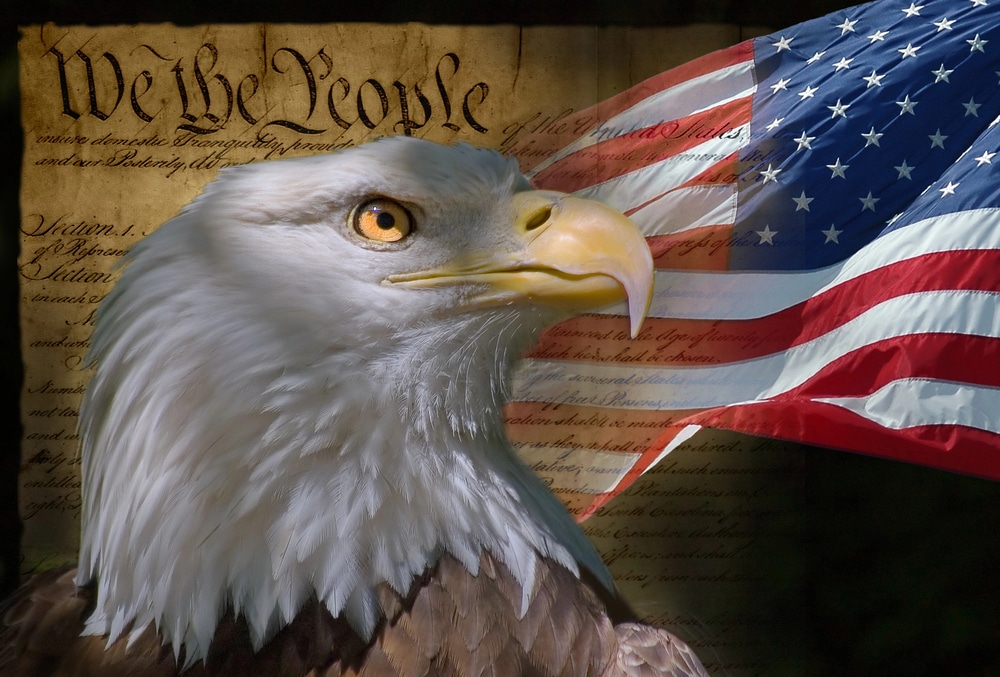
Dive into the shadows of American history as we explore 21 of its biggest lies that have left an indelible mark on the nation’s narrative:
21 of the Biggest Lies in American History
32 Things We Once Highly Respected but Are a Complete Joke Now

Discover the amusing downfall of once-respected entities in our changing world:
32 Things We Once Highly Respected but Are a Complete Joke Now
23 of Donald Trump’s Most Hilarious Moments as President
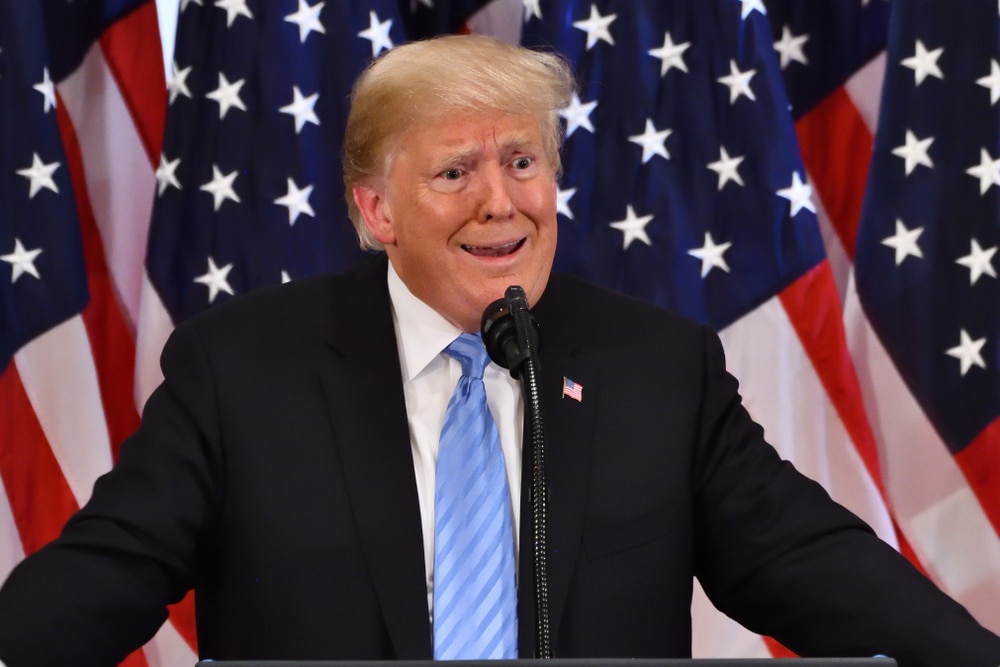
Explore the lighter side of Donald Trump’s presidency with 23 hilariously memorable moments that left the nation in stitches:
23 of Donald Trump’s Most Hilarious Moments as President
27 Things MAGA Movement Ruined Forever for People
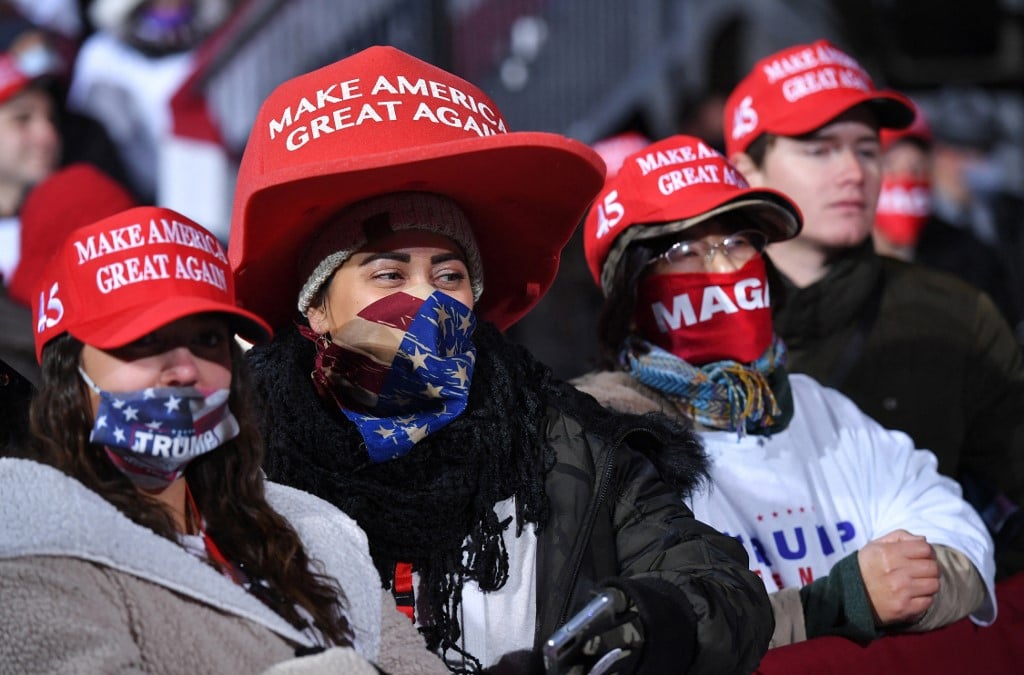
How the MAGA movement left its mark on individuals and disrupted certain aspects of our everyday life forever:







